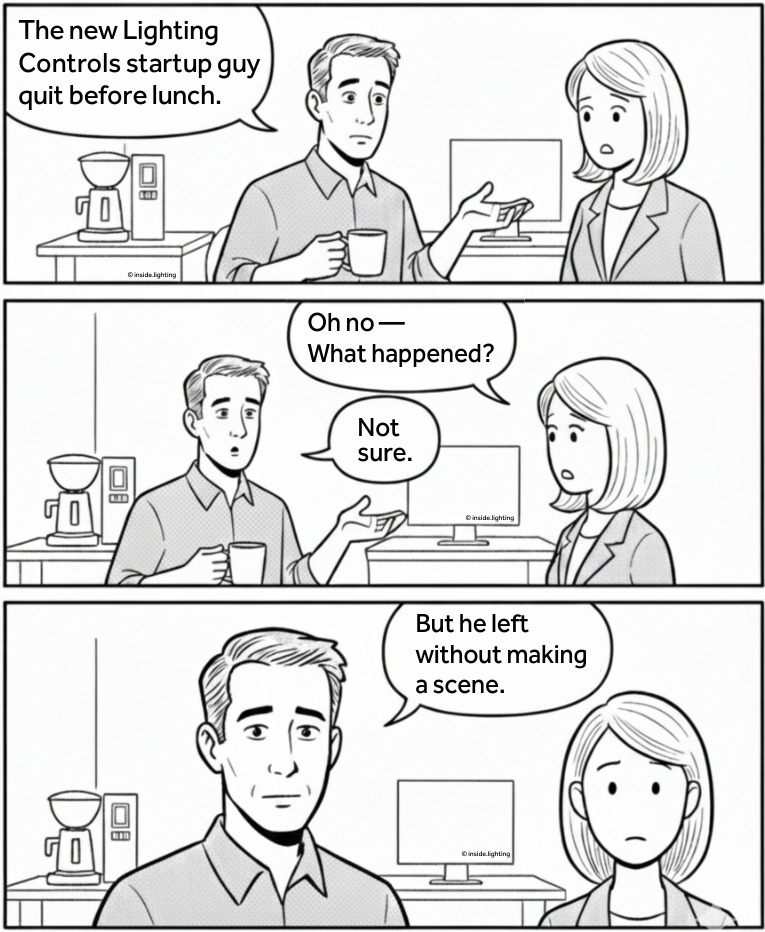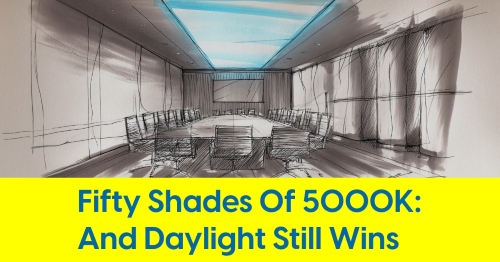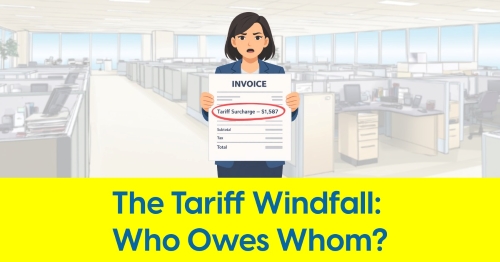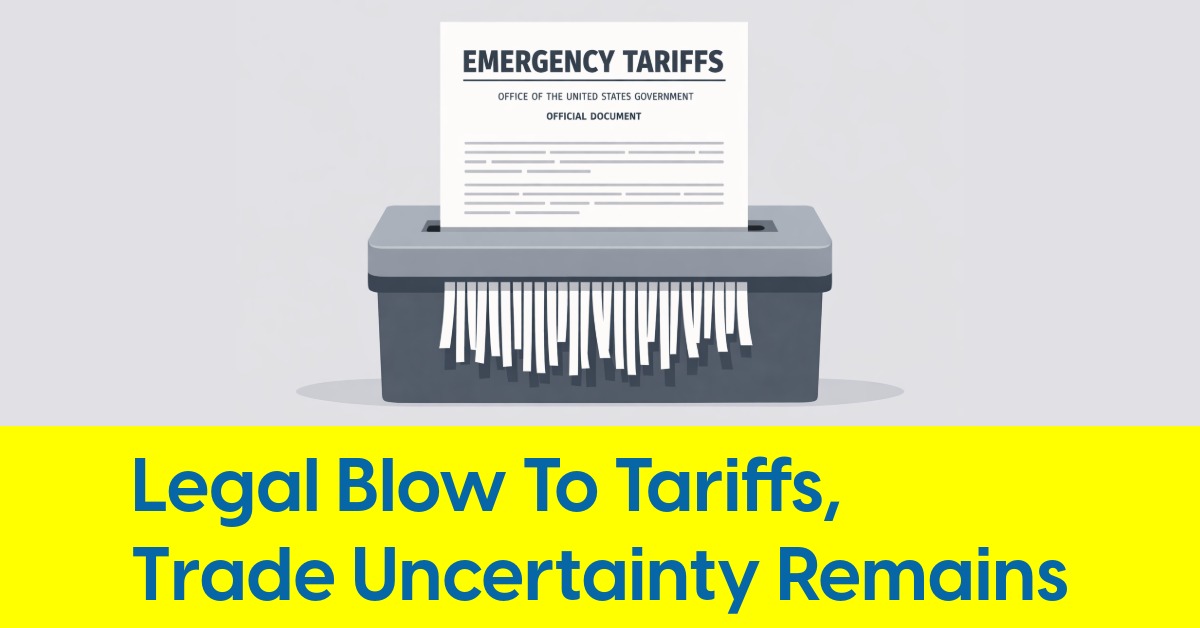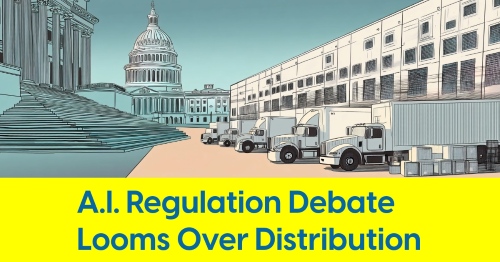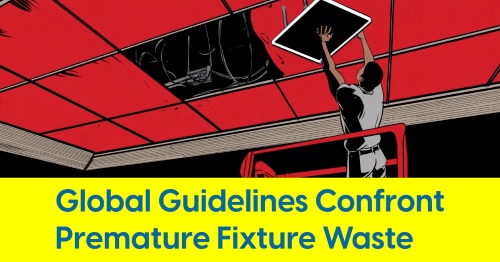May 10, 2023
Colorado Poised For 2025 Fluorescent Ban

The state is about to become the third in the US to outlaw compact and linear fluorescent lamps
DENVER, COLORADO – The state of Colorado is set to join California and Vermont in phasing out the sale of fluorescent light bulbs by 2025 in an effort to make lighting more energy efficient and non-toxic.
Governor Jared Polis is expected to sign the bill into law, which would make Colorado the third state in the U.S to phase out the sale of fluorescent light bulbs. Last week, the Colorado legislature approved a bill aimed at discontinuing the use of lighting fixtures that contain mercury. Proponents of the bill argue that the switch to more energy-efficient lighting will help reduce the state's carbon footprint and environmental impact.
The bill, HB23-1161, sponsored by State Representatives Kipp and Willford and Senators Cutter and Winter, proposes a ban on the manufacture, distribution, sale, or offering for sale of linear and compact fluorescent lamps in Colorado after January 1, 2025.
The bill states that accelerating the phase-out of these bulbs can protect public health during their manufacture, distribution, use, collection, disposal, and recycling. While fluorescent bulbs have served a significant role in the past, the bill notes that cleaner, safer alternatives like mercury-free LED replacements are now widely available and affordable, offering similar or better lighting service, longer product life, and lower total cost.
The legislation applies to new compact and linear fluorescent lamps sold in Colorado, but exempts certain lamps designed and marketed exclusively for specific purposes, such as image capture and projection, germicidal purposes, medical or veterinary diagnosis or treatment, and academic and research uses.
The bill further outlines a comprehensive enforcement mechanism, requiring the executive director of the state Department of Public Health and Environment (CDPHE) to verify major retailers' and distributors' compliance with the new law. The director must conduct verification at least once before January 1, 2026, and again before January 1, 2031, and deliver a report on the method and findings to the Energy and Environment Committee of the House of Representatives and the Transportation and Energy Committee of the Senate. The report will also be posted on the CDPHE's website within a month after completion.
In addition, the executive director is tasked with establishing a process by which individuals can anonymously report potential violations of the law on the department's website. The director is then required to investigate any reported potential violation and report any confirmed violations to the state's attorney general.
The bill provides for penalties to enforce compliance. Violators of this new law could face civil penalties of up to $500 per violation, with each transaction or online for-sale product listing constituting a separate violation. The maximum penalty for any related series of violations is capped at $500,000.
